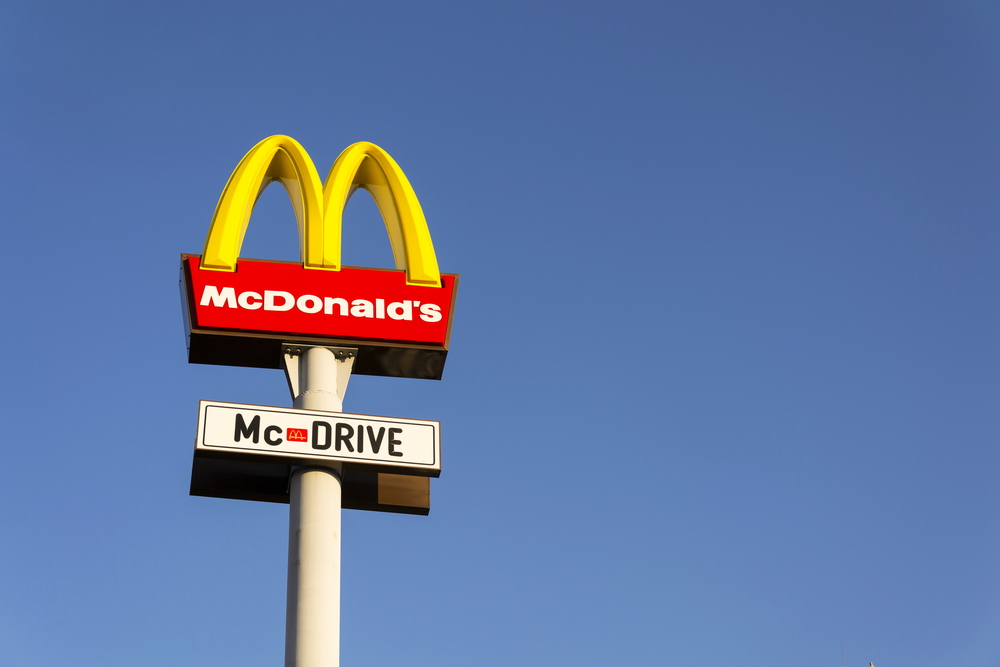A name can make or break a business. If anyone is familiar with biographical drama, Founder, they will remember the scene when Ray Kroc was confronted by Dick McDonald and asked why he didn’t just steal the idea, why he had to steal their business:
“It’s not just the system, Dick. It’s the name. That glorious name, McDonald’s. It could be, anything you want it to be… it’s limitless, it’s wide open […] it sounds like America […] I remember the first time I saw that name stretched across your stand out there. It was love at first sight. I knew right then and there… I had to have it.”
Your trading name can be your most valuable asset so it is important to get it protected. When you are purchasing or creating a new business, it is important to know the difference between a company name and a trading name.
In New Zealand, all corporate businesses must register their company name with the Companies Office. A company name cannot be the same of almost identical to an existing name. It cannot contain offensive words, profanities or names protected by other legislation. You can check whether your chosen name is available at the Companies Office.
Companies Act 1993
Once you have registered your unique and suitable name, it will be protected under the Companies Act 1993. Your name does not have to reflect the business you operate and does not have to be the same as the name you trade under. For example. You may own two eateries named Angelo’s Italian and Moonlights café, under the company name Longleads Frampton Limited. Your company name is a legal entity so needs to be written in full on all documents. If you are trading under a different name, you must include both on written documentation.
Buying a Business
If you are buying a business, it is very important to recognise the difference between the trading name and a company name. If you are buying the trading name of a company, your Sale and Purchase Agreement should outline restrictions around future use of the name. You do not want to purchase and trade under an existing name to find out that the vendor has opened a new business of a similar name and function a few months down the track.
Trades mark Act 2002
To protect your trading name, you will have to apply for a separate trade mark for the name, slogan and logo. When you trade mark a name, you do not get exclusive rights but greater protection from competitors – the driving principle being not to confuse the consumer. For example, if you discover a Moonlights cleaning service on the South Island, it would be hard pressed to argue a trade mark issue.
If there was a Moonlights deli operating in the next neighbourhood, the Trade mark rights are established on who was first to register that name.
Global fast food giants, McDonalds have been tied up in many legal cases protecting its namesake, suing any food outlet (and even a rugby team) for using the prefix Mc or Mac. Many cases were swung in favour of the defendant including a Danish hotdog vendor trading under McAllan – a case which they lost under the presumption a consumer would be able to tell the difference between a solo hotdog vendor and a multinational burger chain.
Your trading name can be your most valuable asset. It is what is recognised over the competitor so it is important to get it protected. Your MBC lawyer can help you stay protected in business. Contact us today.

